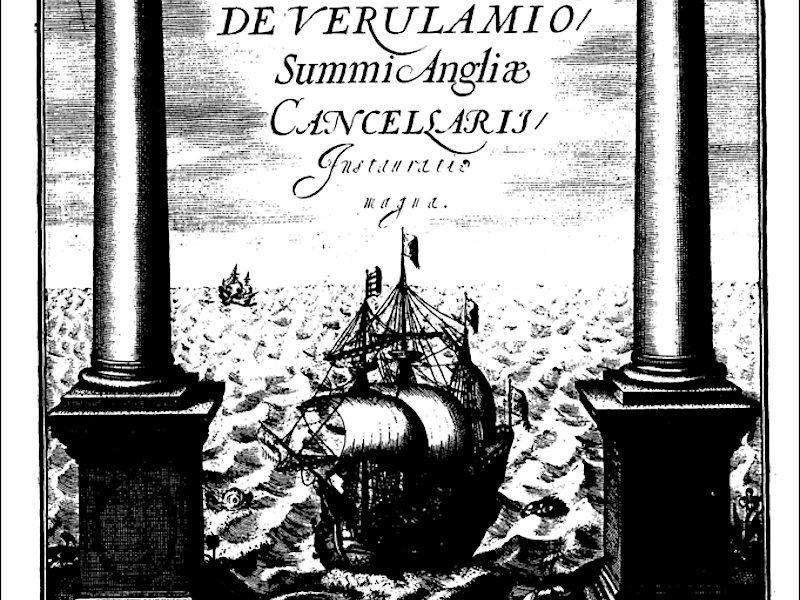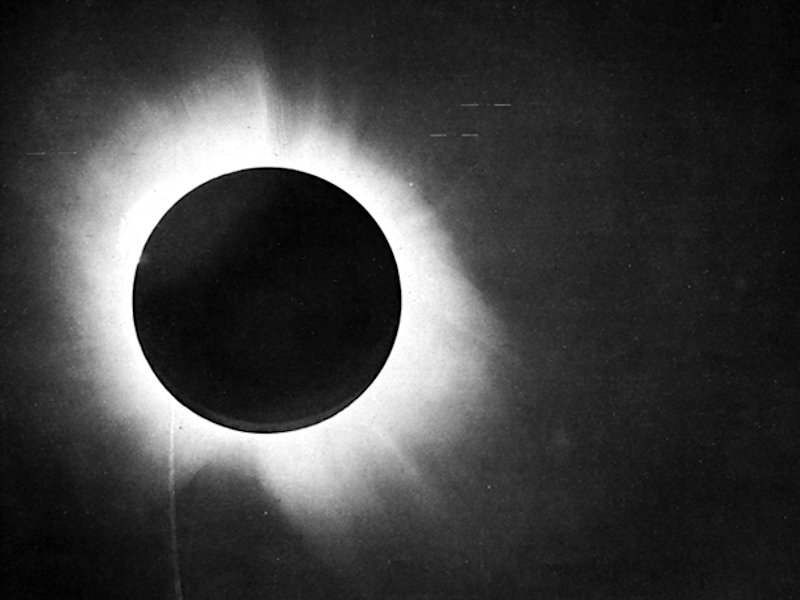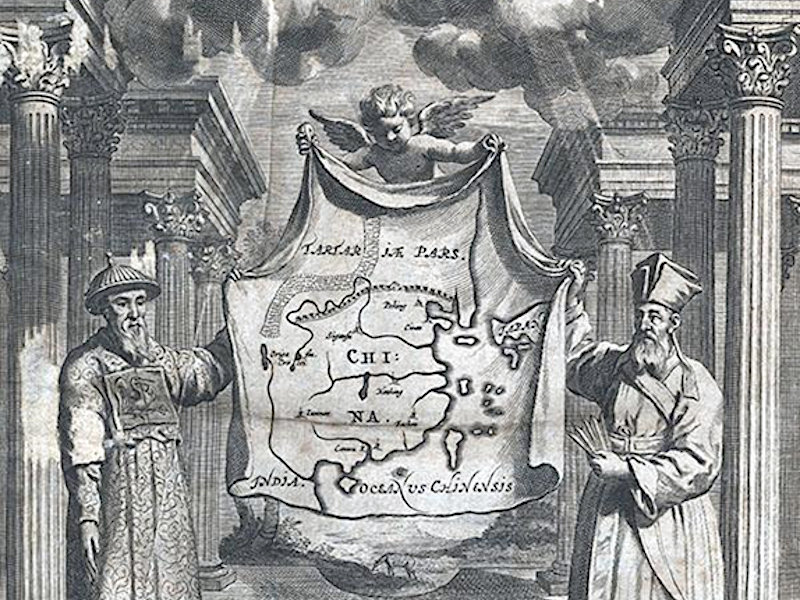Epistemology: A Question of Method
Historical political epistemology is for us the basis of a more general understanding of the ideological and political conditions of scientific practice in the past and present. This perspective argues that all meta-discourses on science (historical, historiographical, sociological, and philosophical) require critical reflection in terms of a critique of ideology.
Omodeo’s book Political epistemology (2019) lays the groundwork for the assessment of the ideological struggles looming large over science studies in segments of the twentieth century and today. More specifically, it guides the Early Modern Cosmology program of investigation into early modern science hegemonies.
The theoretical reflection of the project is organized around two areas:
- Epistemology, Sociology, and Historiography of Early Modern Science concerns an overarching reconstruction of the a prioris of early-modern practices and theories of science: ontological, epistemological, and socio-political;
In addition, it forms a bridge between the epistemological history of science and a historicizing theory of science by looking at social and culturalist approaches to our scientific modernity, in which concepts such as that of ‘Scientific Revolution’ and ‘astronomical revolution’ played a role; - Perspectives on Political Epistemology is the political-epistemological crowning of the project: it distillates the theoretical consequences of the various inquiries and it articulates the leading questions for a political epistemology of early modern cosmology.
Epistemological History of Early Modern Cosmology
Contingency and Natural Order in Early Modern Science analyzes the epistemological and ontological premises of early modern science and philosophy, including discussions on the method and advancement of knowledge. The problem of contingency constitutes a crucial theme for an investigation of the historical epistemology of early modern scientific thought. Within this perspective, Omodeo and Garau investigate the presence and meaning of modal categories for late-medieval and early-modern forms of scientific thought. Omodeo and Garau have been coordinating a group of scholars for a book project on the epistemology and ontology of contingency and the problem of natural order. Together, they have explored case studies spanning from the Middle Ages to the early eighteenth century including: the philosophy of necessity and contingency in Medieval philosophy, Aristotelian Scholastic theories of natural wonders, the heuristic of contingency in Renaissance mechanics and the arts, Copernican astronomy, and the idea of inclination without necessitation in astrology. Figures such as Bacon, Descartes, Leibniz, as well as the experimental practices of the Royal Society, attest to an epistemological turn in the understanding of contingency in early modern science, which progressively marginalized the ‘ontology’ of contingency. The group has also being investigating the inception of probabilistic and statistical methodology in early eighteenth century medicine and experimental physics.
Political Epistemology of Early Modern Science and Philosophy explores the political roots and consequences of early modern knowledge theories. Early modernity was a time of intense debates on the statute of the sciences, including their metaphysical and epistemological foundations as well as their material roots and goals. While Francis Bacon stands out for his practice-oriented ideal of science, Descartes offered the canonical codification of the modern problem of epistemology as the crucial problem of philosophy. The classics of modern philosophy bear witness to problems of codification of a scientific enterprise that, in the time of the Scientific Revolution, challenged old interpretations and called for a renewed understanding of knowledge, its methods, and values. We specifically look at tensions and dissynchronies between forms of philosophical legitimation and the societal processes that pushed science forward. One illuminating example is the history of early modern mechanics, including the emergence of celestial mechanics. In fact, because the history of mechanics has been at the center of many political-epistemological skirmishes, such as the harsh Cold-War ideological conflicts between externalist and internalist approaches to the history of science, it provides a paradigmatic case study in political epistemology.

Socio-Epistemology of the Scientific Revolution draws upon a philosophical-historical approach (Omodeo) and a sociological one (Ienna) in order to interrogate one of the central concepts in the history of science during the twentieth century: the ‘Scientific Revolution’. Its central idea is that a unique break in intellectual history generated modern science — or science tout court. Historians and philosophers of science have long debated the exact geo-historical coordinates of such an event, including which disciplines were involved in it and which material and intellectual causes produced this cultural change. At the present juncture the very idea of the Scientific Revolution has been questioned for reasons that range from post-colonial allegations of Eurocentrism, the social-constructivist criticism of truth-claims and the post-modern suspicion towards the concept of modernity. Given this present crisis in the ‘narrative’ of the Scientific Revolution, it is time to assess whether the idea should be dismissed all together or whether some results of past scholarship can still be rescued. We claim that any assessment of the veritably or utility of the ‘narrative’ will only be possible once the political meaning of the historical and cultural events belonging to the Scientific Revolution are taken into account. In other words, it would be reductive to consider the Scientific Revolution as historiographical construct without taking into account the reality it refers to and the contexts it arose out of, namely the phase of European scientific and political hegemony which was previously described by the interconnected concepts of science and modernity.
A further contribution to the historical-epistemological work is the project Cosmology and Culture: From Historical to Political Epistemology in Cassirer and Wind. In this context, Freyberg analyses the relation between cosmological models and methodology, as well the relation between political and epistemological problems. In particular, he reconstructs a discussion between Ernst Cassirer and his former student Edgar Wind about the basis of ethico-political attitudes and their general cultural consequences. Both thinkers emphasized points of contact and parallels between the natural and the historical (or cultural) sciences, but they differed in their respective evaluations of the consequences of such similarities, both in regards to a philosophical approach and for a theory of symbols and culture more generally. Do these similarities only exist on a very general level (e.g., the concept of science or scientificity) or do they signify a more concrete relation between cosmological research and cultural understanding (micro- and macrocosmos, nature and society)? While both thinkers were greatly influenced by Kant, Wind believed that a thorough revision of Kant’s work was needed in light of new cosmological models. The ground-breaking developments in physics (on micro- and macro-cosmological levels) in the beginning of the 20th century, such as the theory of relativity and quantum mechanics, not only challenged the Newtonian approach but also brought about basic epistemological disputes about causality and the entanglement of the research process and its objects. In the end, the dispute between Cassirer and Wind reveals a fascinating degree of differentiation beyond conventional dichotomies (like universalism vs. relativism, naturalism vs. idealism, science vs. belief, thought vs. feeling etc.) and should be seen as ultimately engaging with the question of the role of philosophy and science in society.

Perspectives on Political Epistemology
Political Epistemology, which is a collaborative effort (Omodeo, Babu-visiting scholar, Bardi-project collaborator, Freyberg, Ienna, Schemmel, Storni, Wolfe, Cavallaro-project collaborator) and a broader network of scholars involves the theoretical challenge of developing a fully-fledged understanding of the political dimension of an integrated history and philosophy of science. The group has chosen themes and questions linked to ongoing debates in the history of science and allied disciplines about the importance of politics in and for science. The group’s contribution takes the form of a theoretical-historical inquiry, that is, a “political historical epistemology”, which programmatically combines the history of science, epistemological reflection, and sociological analysis. This program became necessary as historians of science often limited their analysis of the socio-political entanglements of knowledge to the ‘contexts’ of knowledge as if they constituted a mere externality to scientific conceptions. Moreover, they have generally neglected the self-reflective and normative import of history-writing itself. The group specifically seeks to address the socio-political conditions and presuppositions of science with the goal of comprehending the broader societal meaning of epistemic practices and their consequences as forms and results of collective activity. Political Epistemology views science as mediating between the socio-economic sphere and the cultural-ideological: on the one hand, science secures the production and reproduction of societal formations; on the other, science has an ideological import insofar as it provides for ways to justify and criticize social order and helps reorient, transform, and imagine alternative ways of living.



In Science and Hegemony, Omodeo and Badino examine and assess how science has always been informed by values stemming from political and cultural agendas. They also explore new theoretical approaches through a reassessment of the leftist tradition in the field. This presents an opportunity to fully emphasize the manner in which science has mirrored power relations in the past and present through its practices, conceptions, justifications, institutions, cultural authority, patterns of circulation, and technocratic policies. The Gramscian concept of hegemony acts as the foundation for a critical reassessment of the political directedness of scientific and theoretical practices, as well as a reflection upon the status of the disciplines that deal with science at a meta-level (historical, socio-historical, and epistemological). One example of a specific area of inquiry is the troubled cultural-political relation between science and religion, where, perhaps unsurprisingly, the Jesuits feature prominently. Because of the nature of their mission their Order involved several Gramscian themes: Jesuits were intellectuals, religious men and educators, as well as, of course, cultural politicians. The exploitation of scientific authority to propagate a common understanding that consistently combined scientific and religious projects also permeates apologetic strands of modern Jesuit Studies, which can translate, at a sort of meta-level, the political objectives of their own subject matter.
The main purpose of Putignano’s Positioning and Feminist Epistemology is to reassess the most important themes of feminist epistemology as a specific contribution to political epistemology, as well as to analyze its emancipatory power for the philosophy of science, also in connection with post-colonial studies, subaltern studies and STS. Putignano focuses on the epistemic relevance of feminist epistemology in the debate on how scientific objectivity is secured. Scientific objectivity expresses the idea that claims, methods, and outcomes of science are, or at least should, be free of particular perspectives, value commitments, and any personal biases of any kind. By contrast, feminist epistemology recognizes that knowledge is always situated, because it reflects the point of view of individuals or a group; consequently, the recognition of what we live and what we know is conditioned by our social experience. Therefore, feminist epistemology studies the interconnections between epistemological and political aspects to reach a better, more holistic, and more coherent understanding of our scientific world.


Aesthetics of Epistemology, which has two strands comprising Meisner’s dissertation and Parkhowell’s research, critically assesses aesthetic issues such as representation, the politics of the historic avant-gardes, and the political relationship between artistic media and culture. Following on from his article on the politics and representational aesthetics of the atom bomb, which was co-authored with the Principal Investigator, Parkhowell is currently researching how the ‘slow’ and ‘distant’ violence of climate change disproportionally affects island communities — and what we can do about it. Broadly speaking, his research has strong ethical and collective aims and seeks to both advance and practice the thesis that art is pedagogical-democratic, transformative, and socially redemptive. On the other hand, Meisner’s project On Avant-gardes and Post-modern Epistemology attempts to reactualize critical theory with the help of a case study applying political epistemology to the historical process of post-modernization. One of the working hypotheses of this approach is that the institutional, political, and ideological settings of technological-economic paradigm shifts may be ideally deciphered in vanguard artistic manifestos. As such, Meisner analyzes the historic avant-gardes, and especially Dadaist manifestos and practices, in terms of a societal collapse of culture in the economy that led to the emergence of a new form of economy: the knowledge economy. His ultimate aim is to use political epistemology — which can point out post-modernity's historicity in ideological-critical and praxeological terms — to reactualize critical theory for the 21st century.
